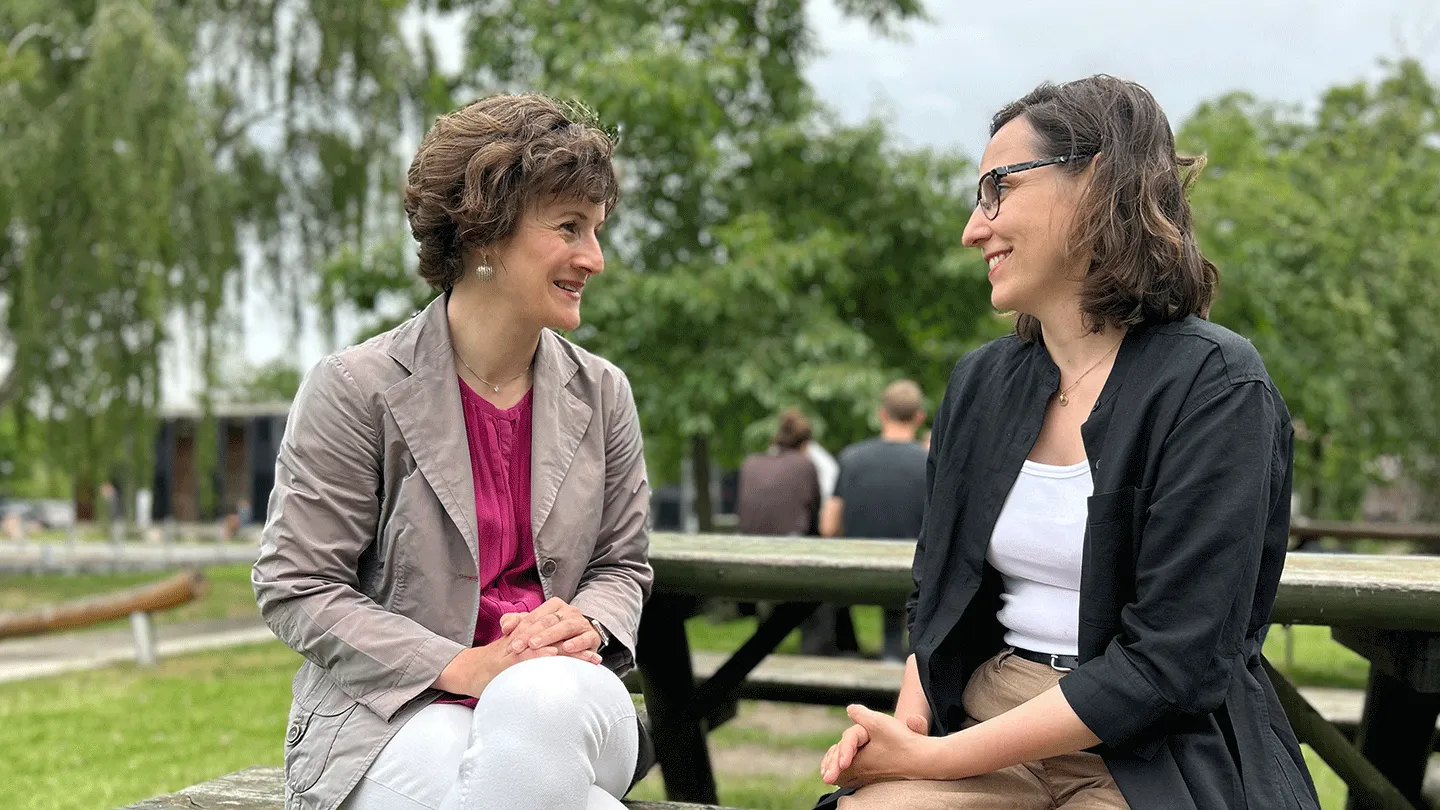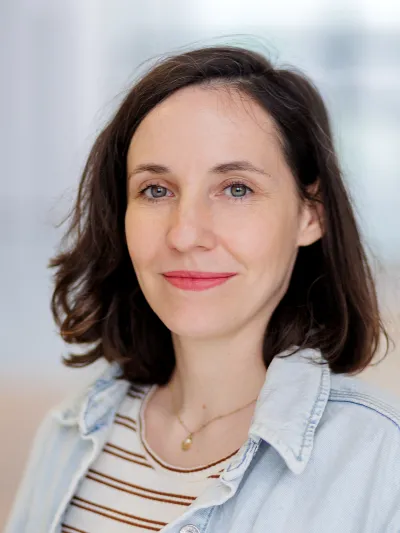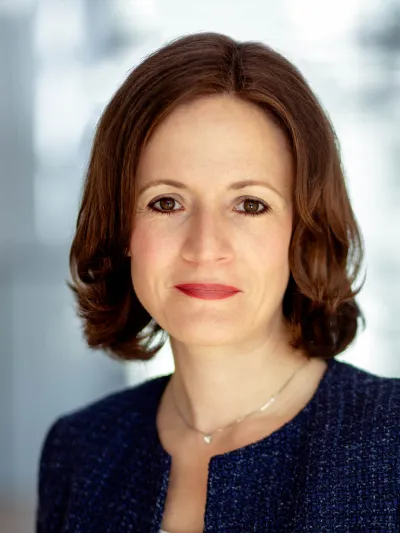Interview
Culture Marketing Communication: Interview with the Scientific Management

In an exclusive interview with Prof. Dr. Julia Glesner, academic director of the "Culture Marketing Communication" continuing education programme, the current changes in the cultural sector and the role of professional cultural management are examined.
Prof. Dr. Julia Glesner is responsible for the Department of Culture and Management in the Cultural Work degree programme at the University of Applied Sciences Potsdam. Her research focuses on cultural business studies and cultural management, cultural marketing, cultural policy, press and public relations work for cultural institutions, cultural financing and theatre management. Prior to her appointment at the University of Applied Sciences Potsdam, she was Head of Communications/Marketing and Press Spokesperson at the Klassik Stiftung Weimar and a member of the Board of Directors of the Klassik Stiftung Weimar from 2006 to 2017.
1) Where do you personally see change in the cultural sector today?
The demands on the management of a cultural organisation have become extremely complex: Discrimination-sensitive and sustainable leadership, diversification of staff and guests, but also the digitalisation of work processes and offerings are just some of the most pressing challenges.
2) To what extent can professional cultural management help here?
None of us can find the answers to these challenges alone; we are all on a path of learning together. Professional cultural management here means, above all, identifying the problems and shaping the process in which they are to be solved.
3) What is special about the training programme?
The special thing about this training programme is that it conveys both the latest knowledge and practical skills. Participants have the opportunity not only to learn the basics of cultural management, but also to gain valuable practical experience through case studies, exercises, presentations and small group work and to further develop their skills in a practice-orientated environment. The lecturers, with their impressive professional backgrounds and extensive expertise, enjoy an excellent reputation as proven practitioners and are outstanding experts in their field.
4) Who is the programme aimed at?
The training programme is aimed at people who are already working in the cultural sector and would like to expand their management skills. This could be, for example, cultural managers, specialists and managers of cultural institutions or artists and cultural professionals who want to improve their skills in cultural management, marketing or fundraising. It is not uncommon for these groups to form a network that continues to provide advice beyond the certificate course.
5) What do you value in your certificate programme?
In our certificate programme, we attach great importance to practical application. We offer in-depth insights into current developments in the cultural sector, promote critical thinking and teach practical tools and techniques that help participants to successfully overcome complex challenges in cultural management. We are also characterised by an interdisciplinary approach that enables participants to adopt different perspectives and develop innovative solutions.
Registration for the Culture – Marketing – Communication training programme is now open online.
The interview was conducted by Julia Sammler, Centre for Continuing Education.

